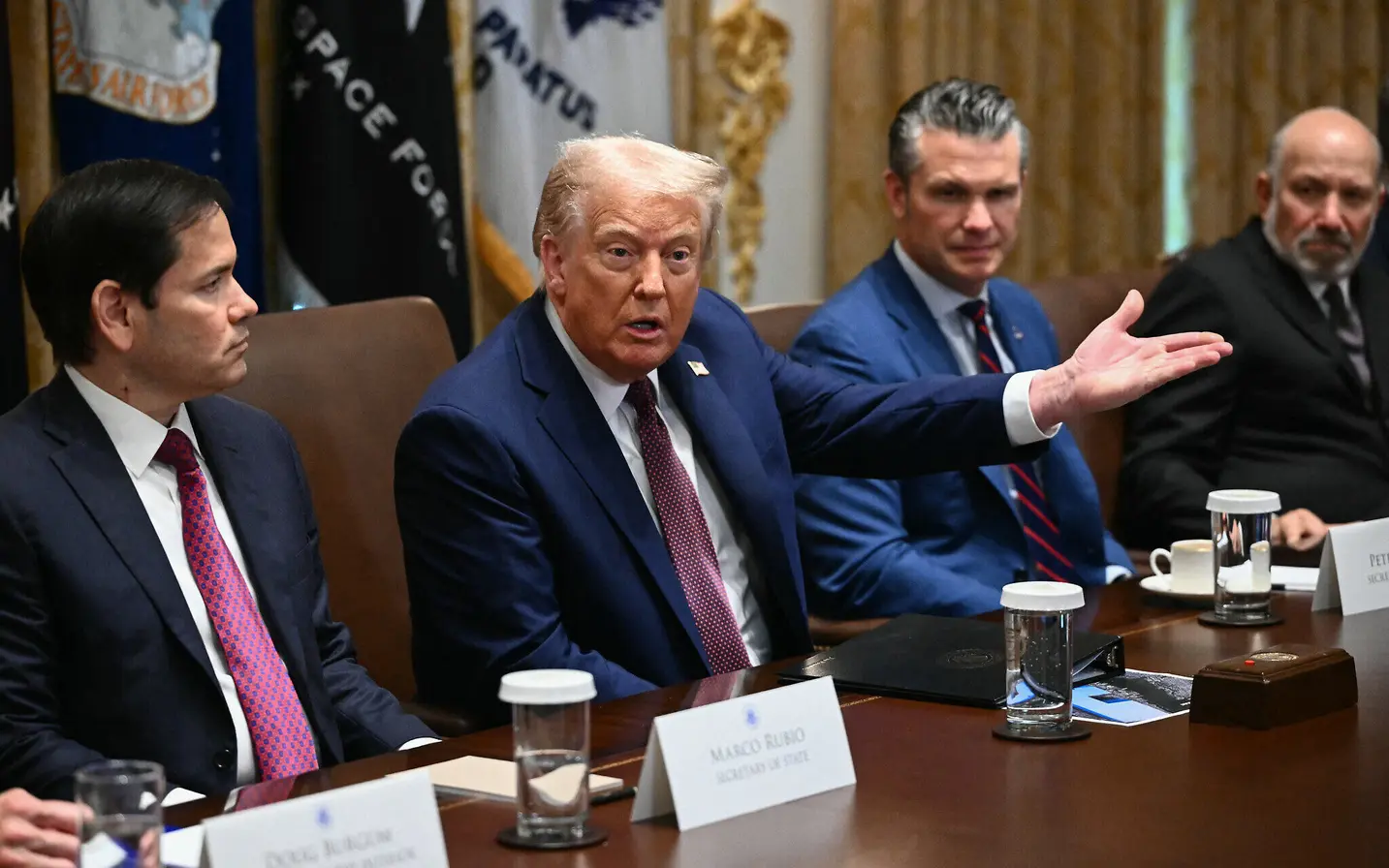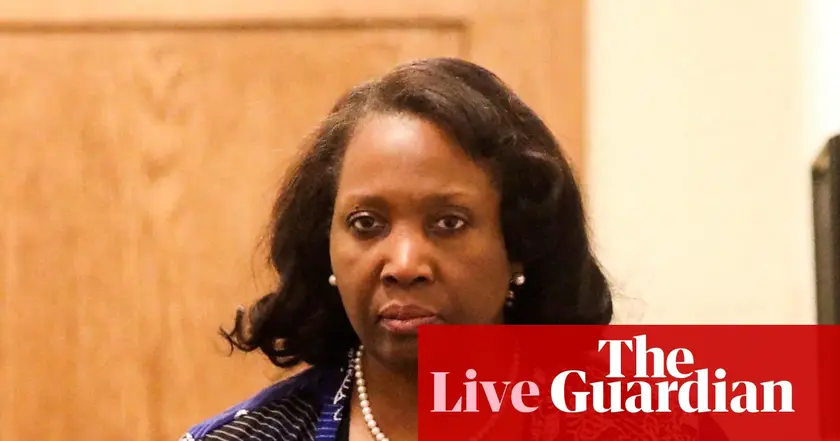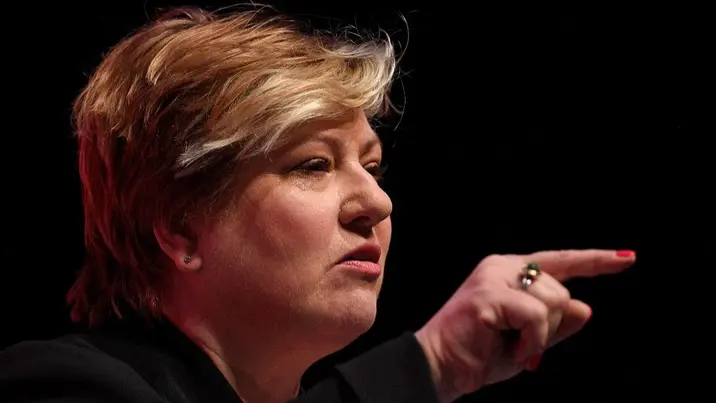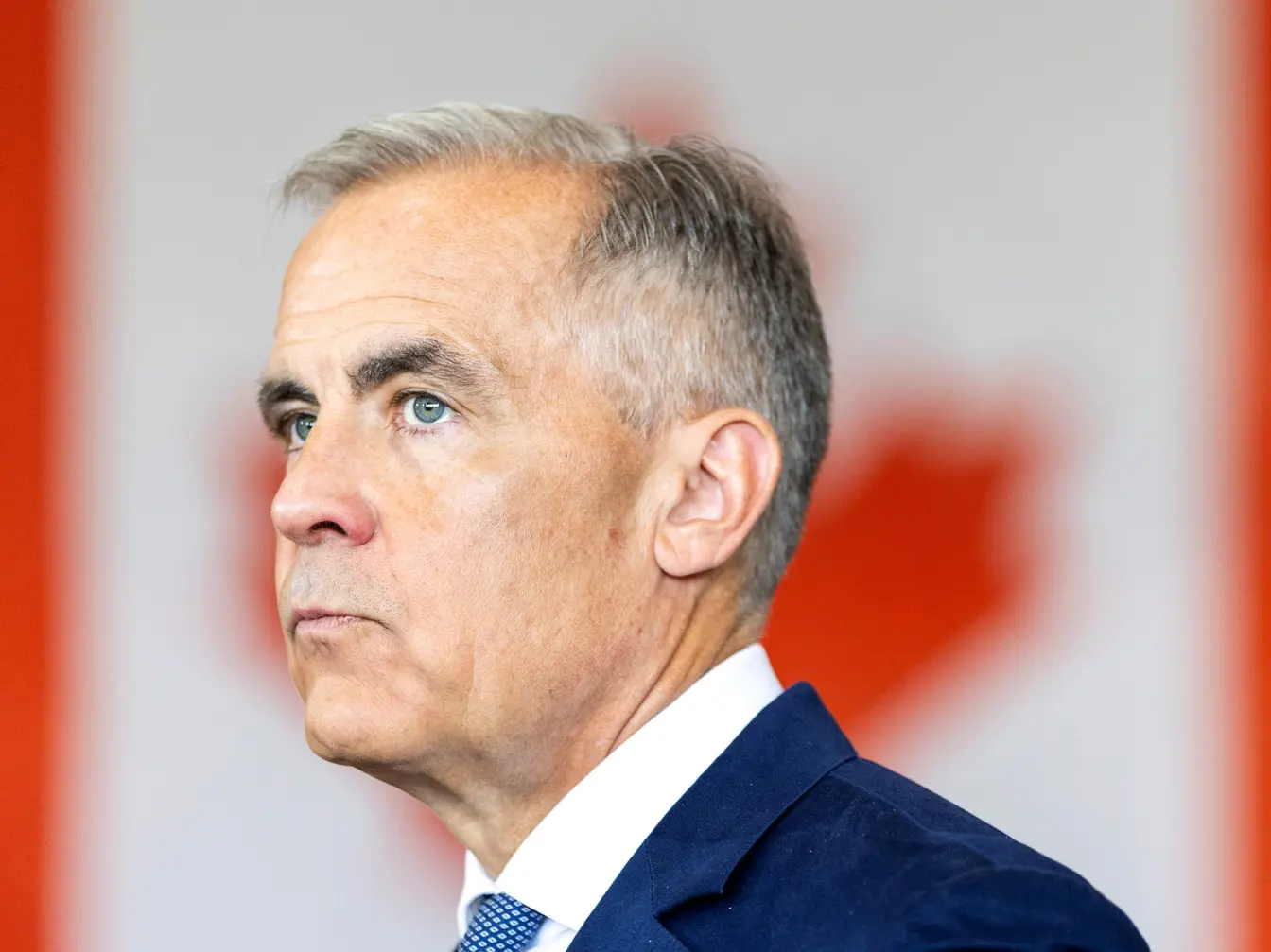T4K3.news
Gaza policy session with Blair and Kushner
A White House policy meeting on Gaza drew Blair and Kushner into the discussion, framed by officials as routine.

A White House official described the meeting as a routine policy discussion as Blair and Kushner weigh ideas for Gaza strategy.
Trump hosts Gaza policy session with Blair and Kushner
President Donald Trump presided over a Gaza policy meeting on Wednesday with former British prime minister Tony Blair and former Trump adviser Jared Kushner in attendance. Officials said the discussion covered food aid deliveries, the hostage crisis, and postwar planning, among other topics. A White House spokesperson described the session as a routine policy meeting rather than a formal rollout of a comprehensive postwar plan, despite earlier remarks from Witkoff that it would be a large gathering.
Blair has been quietly assembling a postwar Gaza plan for months, seeking input from regional partners. Kushner, who remains engaged in Middle East issues after leaving the White House, has been linked to the talks through informal channels. In Washington, Israeli officials and U.S. aides have coordinated closely, with Ron Dermer meeting senior White House staff. The talks touched on hostage deals and whether to pursue phased releases, set against broader questions about Gaza governance and the future of the Strip. The White House notes that any next steps will come only if policy gains broad support.
Key Takeaways
"The White House described the session as simply a policy meeting."
Direct quote about the scope of the gathering.
"Blair has been quietly building a post-war Gaza plan for months."
Notes Blair's ongoing work on Gaza strategy.
"I can't watch it anymore. It's a terrible thing."
Quoted remark attributed to a US official about the Trump remark.
"Cooperation to repel anti-Israeli moves in the international arena was also raised."
Israeli readout on discussions.
The sight of Blair and Kushner at a Gaza policy session signals a long tail of influence from outside the official channels. It shows the administration wants to project continuity with regional partners while avoiding a public commitment to a new plan. Downplaying the meeting as routine may help manage expectations but also risks appearing indecisive as the war drags on.
Public messaging aside, the clash between a push for a postwar framework and the realities on the ground could complicate diplomacy. For Gaza civilians, the lack of clear, deliverable plans means continued uncertainty. For allies and rivals, the mix of diplomacy and campaign-era proposals raises questions about who drives policy and how quickly changes will arrive.
Highlights
- The White House described the session as simply a policy meeting.
- Blair has been quietly building a post-war Gaza plan for months.
- I can't watch it anymore. It's a terrible thing.
- Cooperation to repel anti-Israeli moves in the international arena was also raised.
Political sensitivity around Gaza policy session
The session touches on a high-stakes war, hostage negotiations, and postwar governance, raising concerns about political timing, regional reactions, and humanitarian impact.
Further developments will reveal how these talks translate into real policy actions.
Enjoyed this? Let your friends know!
Related News

Blair Gaza postwar plan under scrutiny

Blair joins White House Gaza talks

Post-war Gaza talks gather high-level attention

Aid into north Gaza slowed ahead of offensive

Trump weighs timing of Lisa Cook replacement

France summons US ambassador Charles Kushner amid antisemitism allegations

UK MP slams US envoy after Gaza remarks

US backs envoy to France amid antisemitism row
